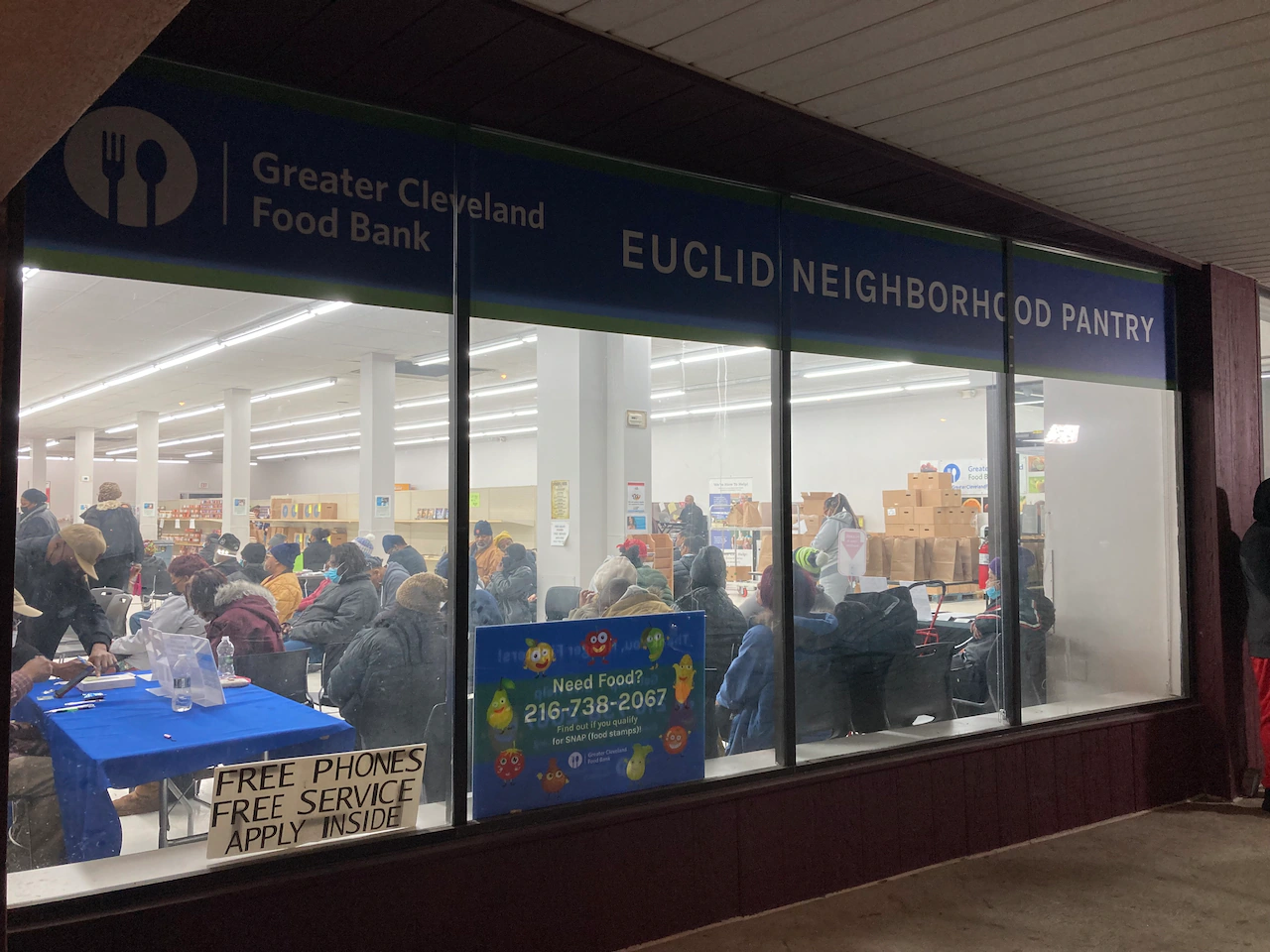Copyright cleveland.com

CLEVELAND, Ohio — Nearly half of Cuyahoga County’s food assistance recipients will miss their monthly benefits by the end of next week if the federal government shutdown continues and funds remain stalled — a delay that county officials warn will deepen food insecurity for tens of thousands of families. In Cuyahoga County, Supplemental Nutrition Assistance Program (SNAP) benefits are distributed to qualifying recipients on a staggered schedule from the first of the month through the 20th. Based on the monthly schedule, 3% of the county’s 190,000 recipients — roughly 5,700 people — were expecting their payments Saturday. By the end of next week, 48% will have missed them. The remaining 52% will face the same fate if the shutdown stalls funding past Nov. 20. “This doesn’t all hit on the first day,” Cuyahoga County Health and Human Services Director David Merriman told cleveland.com and The Plain Dealer on Thursday. “Saturday the first set will start to feel the need, and it will continue to grow.” Some residents who received benefits two weeks ago might still have food or funds left to help them get by, Merriman said. But those who received their benefits during the first part of October might already be feeling the strain, with no food or funds to fall back on. “That’s who we are really concerned about,” he said, noting residents are already reaching out to county offices, food pantries and relatives seeking help, uncertain how they’ll make it through the month. “I think a lot of people don’t know what they’re going to do.” Rachel Cahill, a visiting fellow for The Center for Community Solutions and nationally recognized SNAP expert, warned of the unnecessary harm funding delays will have on poor families and the broader economy that rely on their SNAP dollars. She said research has shown that most SNAP households run out of benefits by mid-month, leaving families scraping by until their next issuance date. A delay in that funding, she said, will mean empty fridges for children, seniors and disabled individuals. “People are absolutely already panicked because they know that load date, and they know that they’re just trying to survive until that load date hits,” Cahill said. “So, telling them ‘Don’t worry, you’ll eventually get that benefit 14 days later or 28 days later or however long it takes’...that is kind of like cold comfort.” She equated it to individuals not getting a paycheck at the end of their work week or pay period and receiving an IOU instead, with no other way to pay their bills or rent or buy groceries. “That’s the horrible position that we’ve put families across Ohio in,” she said. She disputed claims of rampant SNAP fraud and abuse, citing federal data that says less than 1% of benefits are misused – “the lowest (percentage) of any federally run program,” she said. In Ohio, the vast majority of recipients are children, seniors, disabled individuals or their caregivers who either cannot work or are exempt from working, though the Trump administration just changed the rules for thousands of those individuals. Yet, even if the government shutdown ends tomorrow or if pending litigation ultimately requires the federal government to release funding to cover at least a portion of SNAP benefits next month, Cahill says recipients have already been harmed. And because it typically takes about three days for funds to be released, it will likely be worse for families that were counting on their benefits to eat this weekend. “The whole definition of food insecurity is not knowing where your next meal is going to come from,” Cahill said. “The psychological and physical harm that does to your body when you’re living in that state of uncertainty...really can’t be overstated.” Local help coming? The crisis has pushed local leaders to look for immediate stopgaps while residents wait for answers from Washington. The county’s Job and Family Services department remains open for other support programs like Medicaid and childcare, Merriman stressed. And JFS Director Kevin Gowan continued to urge residents to apply for or renew their SNAP benefits even with funding stalled. “If they don’t complete their paperwork and they don’t renew their benefits,” Gowan warned, ”they’re going to get discontinued and they could end up having a lapse in benefits.” Meanwhile, county officials and community leaders are also racing to soften the blow. On Friday, U.S. Rep. Shontel Brown, County Executive Chris Ronayne and Cleveland Mayor Justin Bibb will announce details for an emergency fund to help residents losing SNAP benefits. The initiative – a partnership among local government, philanthropy and private industry, including local sports teams – will aim to coordinate food aid and other assistance for affected families. It’s expected to include local hunger relief organizations like the Greater Cleveland Food Bank and Hunger Network, which have already warned they cannot offset the loss of monthly grocery stipends. Cahill agreed. She said food pantries and food banks are vitally important, but they’re meant to be the last line of defense in an emergency – offering a “drop in the ocean” of relief, compared to the need. Charitable giving cannot be the fix, she argued, urging residents to call their state officials to advocate for a lasting solution instead. “Every media story shouldn’t end with, ‘donate to your local food bank,” Cahill said. “It (should be) ‘call your members of Congress and insist that, 1 -- the Trump administration releases the contingency funds, and 2 -- the shutdown ends. Then the third thing you should do is donate to your local food bank or volunteer at your local food pantry.”



